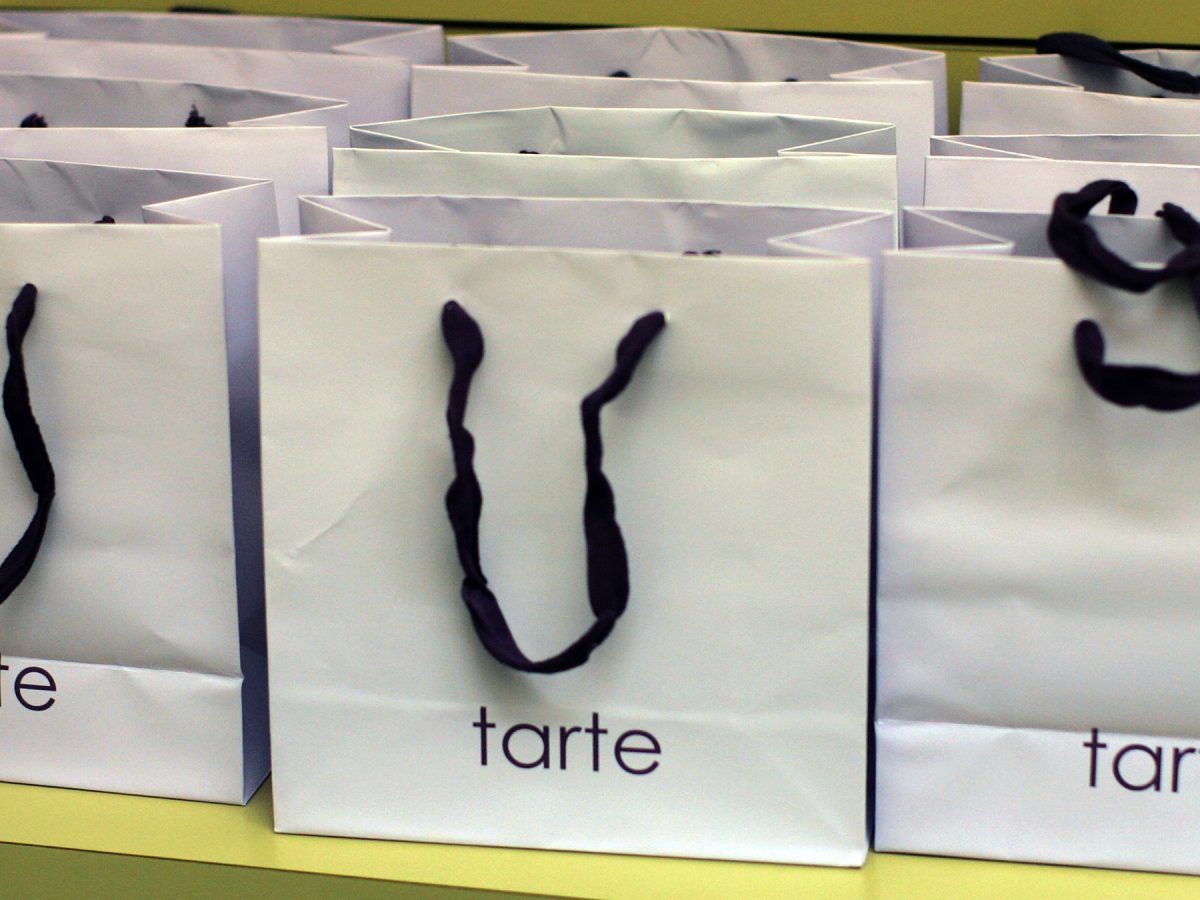
In recent years, Tarte Cosmetics has found itself at the center of perpetual controversy due to its lack of diversity — from limited foundation shades to racial inequality among Black influencers and creators. Most recently, the beauty company released an updated statement of its ongoing commitment to diversity, equity, and inclusion (DEI). Since coming under fire as far back as 2018 for non-inclusive products, they’ve taken action to become a more diverse brand through various efforts; prioritizing influencers of all racial backgrounds, averaging 65% of BIPOC creator attendance at their events. The brand has even donated to several BIPOC non-profit organizations like Black Girls Smiles and Black Girl Ventures. Yet one question remains: is it enough?
Although the 25-year-old cosmetic destination noticeably posts more Black faces to its social media accounts and has women of color on its corporate team, Tarte’s efforts only scratch the surface of what diversity in beauty should look like. Their recent report comes more than a year after TikTok creator Bria Jones withdrew from an F1 Grand Prix brand trip after receiving a separate itinerary from other white influencers in attendance. “I will be damned as a Black creator if I accept anything other than equal treatment on these trips,” Jones said in a since-deleted TikTok video. “I would love to go on a Tarte trip, and trust me, I’m so grateful. But I have more integrity than to get all the way to Miami and realize that I’m being treated like a second-tier person or like I’m being ranked.” This shows that Black creators being invited on brand trips doesn’t necessarily mean a company values diversity. Instead the gesture comes off tokenistic, especially when the actual experience of these creators is neglected.
Jones’s stance directly speaks to the mindset of other young Black creators in the beauty space: they’ve had enough. According to data from Mikado International, 70% of Gen Z and millennials are more likely to support a brand committed to inclusion because they see true representation. In Tarte’s case, only 38% of Black creators were involved in collaborations throughout the year, with little to no specific posts acknowledging these content partnerships. While our creators are finally being seen by the brand, the numbers still raise eyebrows.
Throughout the years, CEO Maureen Kelly has denied that white creators were being treated better, and has since put forth a DEI operation for the company after her public apology (given in the form of a makeup tutorial). In March, the company hosted a Bora Bora trip where multiple Black creators and influencers were in attendance, but this action still managed to become embroiled in drama. The many glamorous experiences of the trip including private jets and luxurious poolside parties didn’t sit well with loyal customers, especially amidst world problems and a tense economy. Asian content creator Michelle Lee who was among attendees, captioned her video on one of the private planes “DIVERSITY CREW BABYYYY!,” jokingly poking at Tarte’s past faux pas. Despite the positivity BIPOC creators displayed in their content, it was also speculated that most of the trip’s diversity came from plus ones, and not the guest list itself.
Tarte also hosted a Black History Month event celebrating educators, during which the brand awarded three teachers $10,000 each (all Black women), showing that it has some level of commitment to racial equity. Yet because of the brand’s messaging and main offerings that don’t regularly speak to Black audiences, the initiative once again appeared performative. Additionally, the report added a collaboration with ESSENCE and it’s ESSENCE Festival of Culture™ presented by Coca-Cola® however, they were not in partnership or sponsorship with the Black-owned publication.
What is everybody looking for? The answer is more. More inclusion, more representation, more action. Consumers and creators alike are no longer impressed by superficial acts of diversity during BHM or Juneteenth for the sake of fulfilling quotas. Inclusivity is humanity within itself, so a brand needs to have a deep understanding of their customer above all else. Inclusion must also be seen and felt through various aspects of the brand on a consistent basis; diverse models, thoughtful social media marketing, extensive shade ranges that reflect everyone, and products tested by people of all physical capabilities.
Though Tarte’s strides to be inclusive are evident, it remains to be seen if it’ll master the concept of diversity in the long run. The importance of DEI is more than just a passing fad or way to appease media controversy, and brands like Tarte must continuously assess their practices and follow-up with substantive action for true progress to be made. Beauty is universal, and everybody regardless of race, demographic, or any other contextual factor, deserves to be celebrated.
About the Author: Naomi Parris is a New York-based fashion & beauty writer obsessed with telling stories that merge fashion, beauty, and Black culture. With bylines in PS, Bustle, Elite Daily, and Fashion Times, she enjoys interviewing industry experts, covering Fashion Week, curating shopping edits, and testing new beauty products.